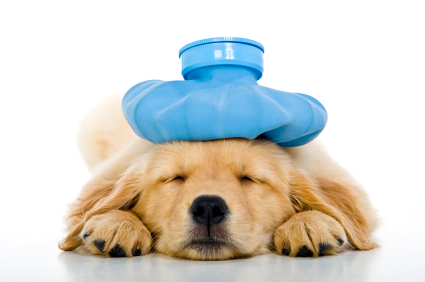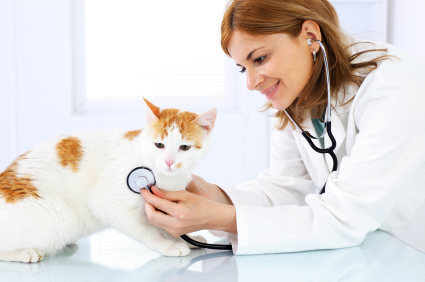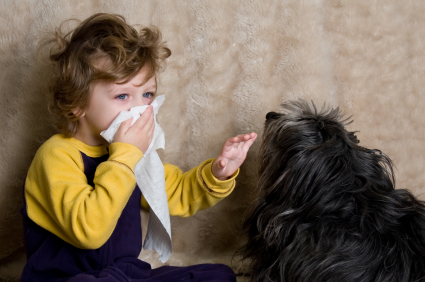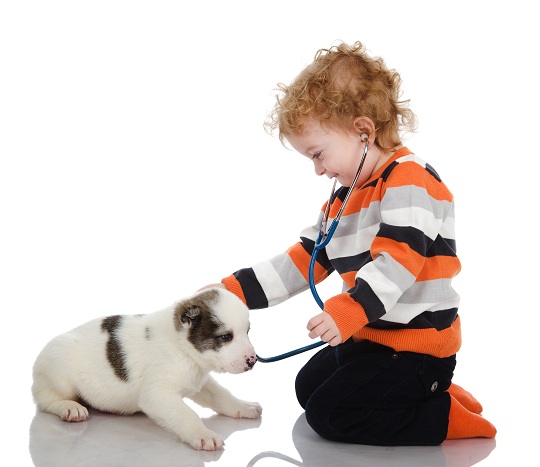1. Diagnosis: Call your vet for a proper diagnosis. If you are worried about the cost of taking your pet to a vet, many vets have emergency funds. Otherwise, the local humane shelter may have more affordable medical care for your pet. If there is excessive vomiting, diarrhea, pain, or fever, make sure you get a proper diagnosis from a vet and figure out whether you should bring your pet home or not. If you can, bring your pet home to reduce stress and heal faster.
2. Location: Keep your sick pet in a quiet, warm, and cozy part of the house. Make sure your pet has easy access to sunlight, clean blankets, fresh air, and water. Change the blankets often to ensure that your pet is comfortable.
3. Food: Dogs tend to fast for up to two days. Not eating helps them rest their digestive system and pass toxins. However, they need to at least drink water. If your dog has no appetite for more than 48 hours, force it to eat by warming up some food and letting the aroma waft nearby. Strong smells, such as cooked chicken or turkey, usually work. You can also try sprinkling garlic powder over food or adding ginger or dill to stimulate your dog’s appetite. Discuss your dog’s diet with a vet and find out if any supplemental medication is needed.
Feed your cat food with high protein levels and plenty of vitamins and minerals. Try heating up the food if your cat doesn’t want to eat it. If your cat can’t keep the solids down, hand-feed it softer foods by placing the food directly onto the tongue. If your cat won’t drink, put the liquid into a plastic bottle and put the opening in the side of the mouth.
4. Monitoring: Record any changes in your pet’s pulse, temperature, effects of medication, food and water intake, bowel movements, and mental and physical conditions. Get pet thermometers shipped to you overnight from Amazon. If your pet has a fever, there may be an infection of some sort present. If your pet has an infectious disease, throw away any blankets it has used, as these can spread the infection and infect your pet’s toys. Pets can be allergic to disinfectants, so make sure to use a pet-friendly disinfectant.
5. Clean: Wipe away any discharges from your pet’s eyes, nose, mouth using soft wet cloths, and sponge away any discharge from your pet’s bottom (wiping may cause irritation if they have diarrhea). A full body wash is not advised while your pet has yet to fully recover, but making sure the openings are clean will ensure that your pet is comfortable and less smelly!
Additional Help
TalkLocal can help you find a quality veterinarian quickly! Just fill out a service request to be connected to up to three local professionals in just minutes.
The owner of this website is a participant in the Amazon Services LLC Associates Program, an affiliate advertising program designed to provide a means for sites to earn advertising fees by advertising and linking to Amazon properties including, but not limited to, amazon.com, endless.com, myhabit.com, smallparts.com, or amazonwireless.com.











